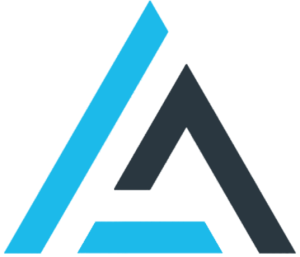Accounting I
Department of Business Administration
Course outline
(1) General Information:
School | Economics & Social Sciences | ||||
Department | Business Administration | ||||
Level of Studies | Undergraduate | ||||
Course code | 202 | Semester | 2o | ||
Course title | Accounting I | ||||
INDEPENDENT TEACHING ACTIVITIES | Weekly teaching hours | ECTS | |||
4 | 5 | ||||
| |||||
| |||||
Type of course | General background | ||||
Prerequisite course | ΝΟ | ||||
Language of instruction and exams | Greek | ||||
The course is offered to Erasmus students | YES | ||||
Course URL | |||||
(2) Learning outcomes:
Learning outcomes | |
This course aims to introduce the student to the basic concepts of Accounting and its role in Business. Upon successful completion of the course, students should be able to perform and know the following:
| |
General Skills | |
|
(3) COURSE CONTENT
The content of the course includes the following topics: Introduction to accounting. Property-inventory-balance sheet. Changes in assets and their monitoring with successive balance sheets. The accounts (concept, significance, opening, operation, equation, closing). The accounting data and books. Accounting errors and their correction. Distinguish accounts according to their nature or content. Concept and operation of the accounts of the Unified General Accounting Plan. Valuation of the company's assets (fixed assets, participations, securities, inventories, receivables, liabilities, cash, other assets).
|
(4) TEACHING AND LEARNING METHODS - EVALUATION
TEACHING METHOD | face-to-face
| ||||||||||||||||||
USE OF INFORMATION AND COMMUNICATION TECHNOLOGIES | Use of information and communication technologies in teaching, laboratory education, communication with students. Electronic communication with students, learning-process support through the “e-class” online platform. | ||||||||||||||||||
TEACHING ORGANIZATION
|
| ||||||||||||||||||
STUDENT EVALUATION | Written final exam (70%) including: Multiple choice questions Analysis of roles and stakeholders in a brief case study Solving problems related to the subject of the course Comparative evaluation of theory elements II) Individual or Group Project (30%) The purpose of the project is to check the skills developed by the students in tools and services related to consumer behavior and their ability to plan and implement a project in a group or autonomously. |
(5) BIBLIOGRAPHY
|

